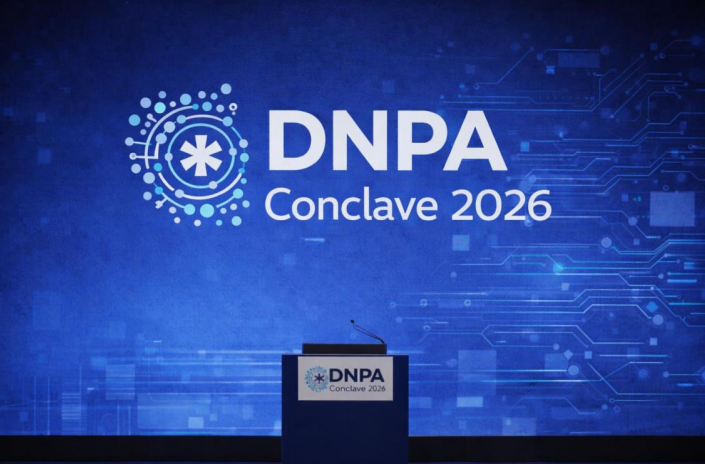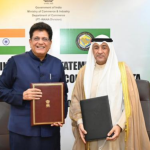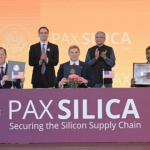The Indian staffing industry is intensifying its appeal to the Finance Ministry, urging a significant reduction in the Goods and Services Tax (GST) rate on employment services from the current 18% to a more conducive 5%. This critical request, spearheaded by the Indian Staffing Federation (ISF), the apex body representing over 137 organized staffing firms, comes ahead of the crucial 56th GST Council meeting, expected to be held later this month.
The ISF argues that lowering the GST slab would not only provide a much-needed impetus to formal job creation across various sectors but also enhance the competitiveness of Indian businesses. Currently, employment services are taxed at a rate equivalent to "luxury goods," which, according to the industry, acts as a significant deterrent for companies to hire through formal channels, especially in sectors like healthcare, retail, pharmaceuticals, tourism, and e-commerce. These sectors, despite their immense potential for formal employment, often find the 18% GST on staffing services an "additional cost" that pushes them towards informal hiring practices.
In a detailed letter submitted to Pankaj Chaudhary, Minister of State for Finance and a member of the GST Council, the ISF highlighted that a reduction to 5% GST could lead to a substantial increase in the formal workforce, potentially reaching 15-20 million within a few years. This, they assert, would align perfectly with the government's broader national employment goals and drive greater formalization of the economy.
A key argument put forth by the ISF is the minimal fiscal impact such a reduction would have on the government's revenue. Employment services currently contribute only about 0.15% to total GST collections. Given this small share, the Federation believes the government can comfortably afford this measure to promote employment without significant revenue loss. In fact, they project that a larger-scale adoption of formal hiring by industries, spurred by the lower GST, could eventually lead to an overall increase in GST collections as the tax base expands.
Beyond direct job creation, the ISF emphasized the broader benefits of formalization, including increased social security coverage for workers (Provident Fund, ESI, etc.) and an expansion of the income tax base. The proposal aims to bring more workers into the formal economy, providing them with better benefits and reducing the burden on government resources during economic crises.
The Indian job market currently faces the twin challenges of a high proportion of informal employment and a persistent demand for skilled manpower. The staffing industry believes that a reduced GST burden could significantly bridge this gap. Moreover, they point out that their gross margins typically range from 2% to 8%, with net margins being even lower, making the 18% GST an onerous burden on their operations.
The appeal also resonates with the Skill Development and Entrepreneurship Ministry's (MoSD) previous calls for "merit service" status for manpower services, which would automatically qualify them for a lower GST rate. The staffing industry plays a crucial role in connecting job seekers, especially those from grassroots levels and with limited formal education, to their first formal employment opportunities.
As the GST Council prepares for its next meeting, the staffing industry remains hopeful that their plea will be heard, recognizing the potential for a lower GST to unlock significant employment growth and further formalize India's workforce. This move could be a strategic lever for the government to achieve its ambitious targets for job creation and economic development.










